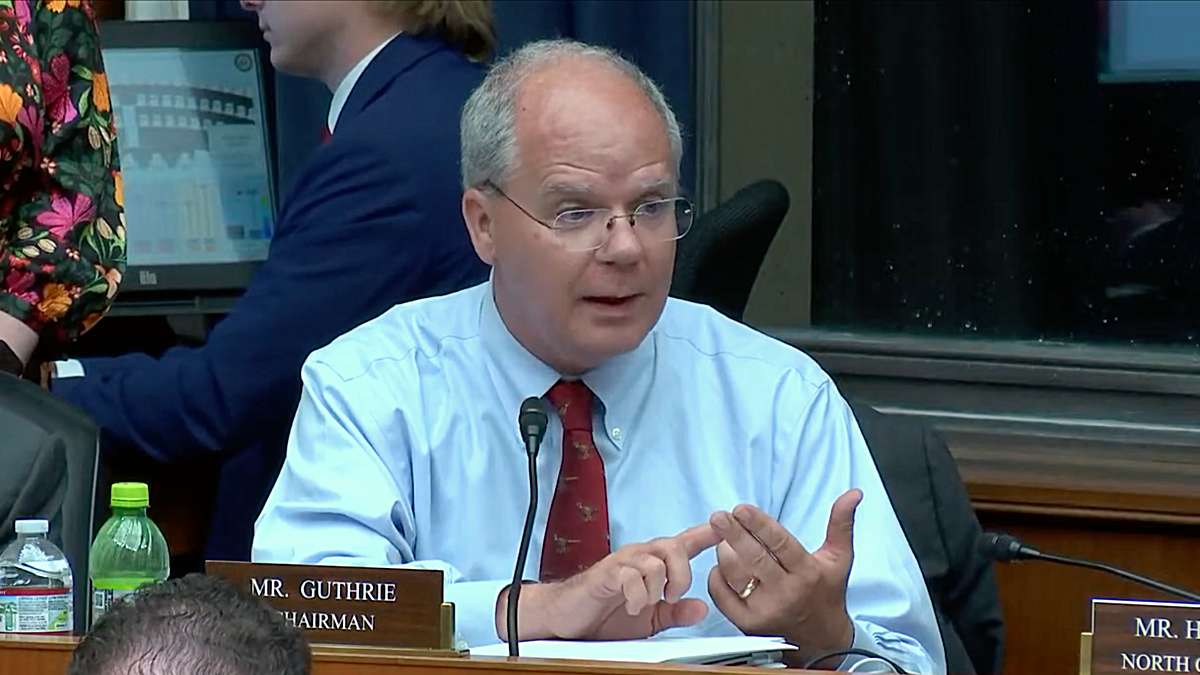Rachel Lau and J.J. Tolentino at the Helm of AI Policy Discussions
In the rapidly evolving realm of technology policy, Rachel Lau and J.J. Tolentino have emerged as prominent voices, dedicated to addressing pressing issues related to technology and public interest. Working with leading foundations and nonprofits at Freedman Consulting, LLC, they are at the forefront of discussions shaping the future regulatory landscape of artificial intelligence (AI).
Today, as AI policy captures significant federal attention, their insights are crucial, particularly in light of recent legislative developments. The ongoing dialogue around technological regulation is critical not just for industry stakeholders but also for civil society, as it veers into areas that directly affect individual rights and ethical considerations.
The "Big Beautiful Bill" and AI Regulation Moratorium
One of the most noteworthy developments in May was the passage of the House budget bill, informally dubbed the "Big Beautiful Bill" (H.R. 1). This bill, which narrowly passed with a vote of 215–214, includes a controversial provision that imposes a sweeping 10-year moratorium on state and local AI regulations. This moratorium has raised alarms among civil rights groups and state officials, who express concerns that it could lead to unchecked algorithmic harms.
The moratorium prohibits any state or local laws that would "limit, restrict, or otherwise regulate" AI systems engaged in interstate commerce. The definitions of terms within the provision, such as “automated decision systems,” are alarmingly broad, potentially encompassing any significant computer usage.
Supporters argue this measure is necessary to prevent a fragmented regulatory environment that could stifle AI innovation. Critics, however, contend that it poses severe risks by limiting accountability and oversight, leaving consumers exposed to potential harms including algorithmic discrimination and deepfakes.
The US Copyright Office and the Impact of Recent Changes
In another significant move impacting tech policy, the abrupt dismissal of US Copyright Office Director Shira Perlmutter followed the release of a crucial report that contradicted the interests of major AI firms. The report argued that using copyrighted materials for training AI models may exceed the established fair use doctrine. This, many speculate, prompted the politically charged dismissal, drawing criticism from lawmakers and labor unions alike.
Perlmutter’s termination signals a broader tension between regulatory oversight and industry interests. Critics, including politicians and industry stakeholders, argue this incident is indicative of a larger trend where political motives could undermine regulatory bodies supposed to operate free from undue influence.
Developments Across Other Government Branches
While discussions around AI regulation and copyright law have gained pivotal attention, other government sectors have also made notable strides:
-
Department of Commerce: Recently reversed funding decisions under the CHIPS and Science Act, redirecting grants based on new criteria aimed at cutting costs and focusing on taxpayer value.
-
Federal Communications Commission (FCC): Announced efforts to streamline its operations by shutting down more than 2,000 inactive dockets, suggesting a focus on more actionable regulatory clarity.
- Consumer Financial Protection Bureau (CFPB): Withdrew dozens of guidance documents to alleviate regulatory burdens, emphasizing a shift toward minimal compliance costs.
These organizational changes reveal a concerted effort by the government to reduce regulatory constraints, a move that aligns with broader deregulatory trends observed recently.
Legislative Responses to AI Policy Challenges
As Congress steps up its efforts to formalize AI regulation, a variety of bills have emerged. Proposals covering topics from whistleblower protections to national testing standards reflect an increasing urgency to address the ethical and operational implications of AI technologies. The examination of AI-related legislation underscores a recognition of the complexities that come with AI’s integration into various facets of daily life and governance.
Tech TidBits & Bytes: Quick Updates
-
Visa Vetting and International Students: The Trump Administration has paused scheduling interviews for student visas, stirring concerns among educational institutions and advocates about the potential impact on international talent.
-
CISA’s Workforce Reduction: Staff shortages and leadership exits at the Cybersecurity and Infrastructure Security Agency suggest a volatile environment amid significant personnel changes.
-
Google’s Legal Issues: Plaintiffs, including the Department of Justice, continue to battle against Google’s monopolistic practices, highlighting the ongoing struggle to gauge accountability within the tech industry.
- Disinformation Concerns: Recent actions by notable figures, such as Elon Musk amplifying a Russian disinformation campaign via social media, spotlight the ethical responsibilities tech leaders have in curbing harmful narratives.
Legislative Updates: May Progress
Recent legislative actions have yielded several bills aimed at various aspects of technology regulation:
-
TAKE IT DOWN Act: A vital law aimed at protecting users from non-consensual intimate images.
- Guiding and Establishing National Innovation for US Stablecoins Act: Passed in the Senate, signaling an increasing focus on cryptocurrency regulation.
Furthermore, new bills introduced reflect a growing recognition of the need for comprehensive frameworks to govern the tech landscape responsibly, indicating that lawmakers are grappling with the implications of AI, privacy, and security in an ever-more digital society.
Engaging with Emerging AI Policies
As the landscape of technology policy continues to evolve, voices like Rachel Lau and J.J. Tolentino’s will remain pivotal in navigating the complexities presented by AI and its myriad implications on society. Keeping abreast of these developments not only informs public opinion but also aids in the advocacy for responsible and accountable technology practices as we march toward an increasingly AI-driven future.


